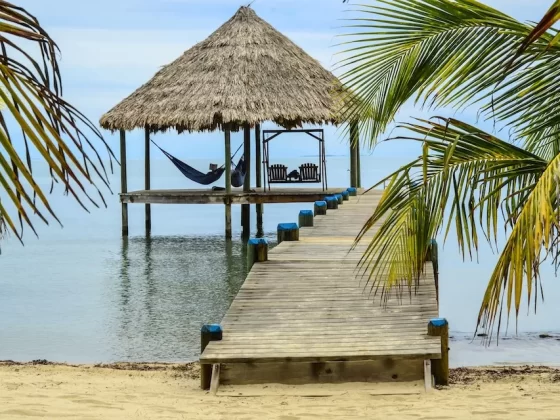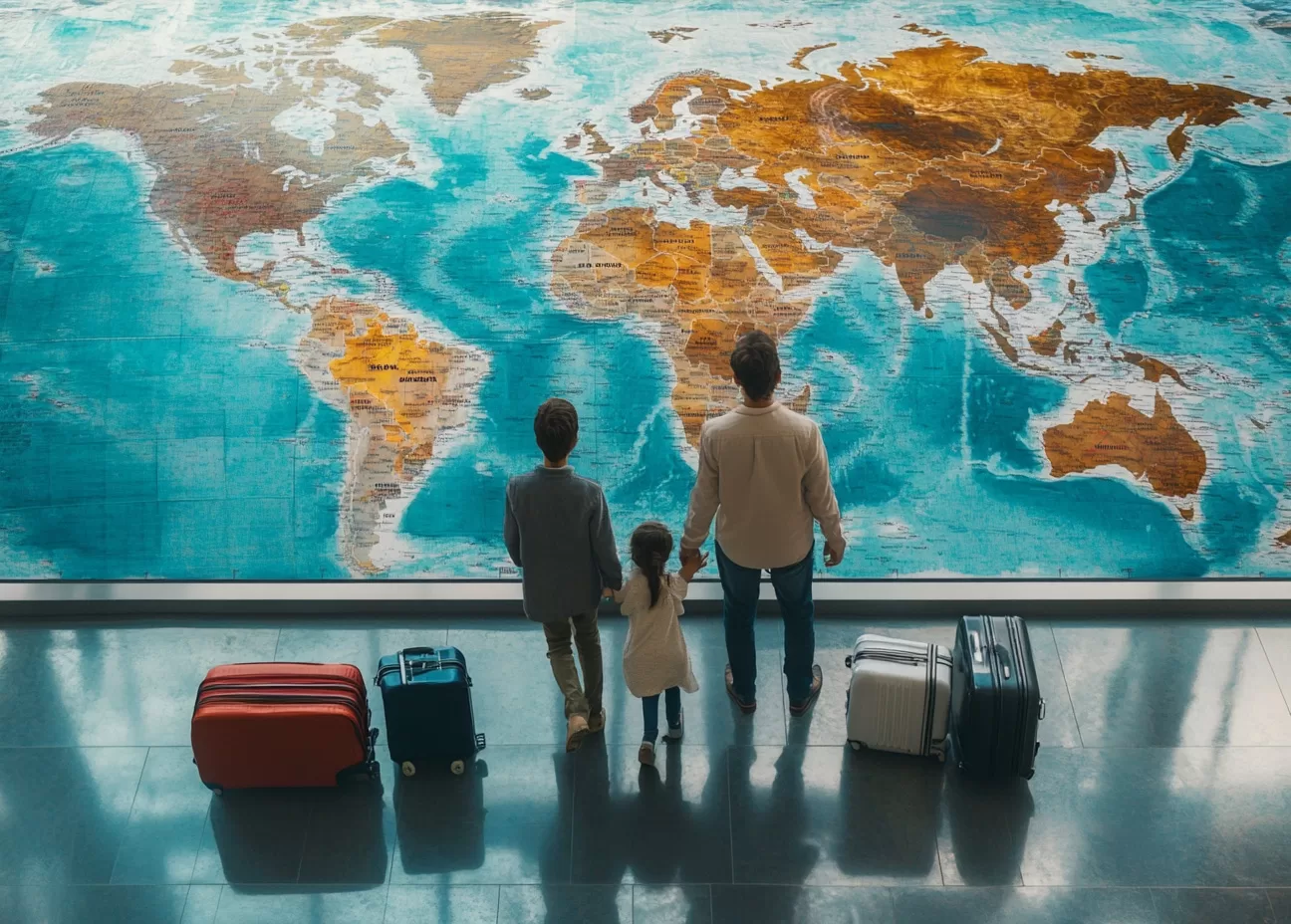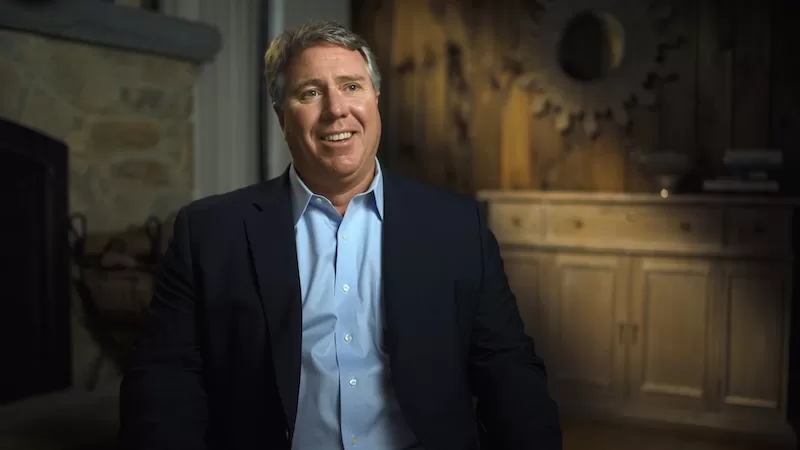Welcome back! In last week’s article, Road to Mexico Part 1: From Panic to Preparation, I took you through how my family went from making a fear-based decision and nearly running away to Panama, to making a more logical, reason-based decision in deciding on a Mexican residency. Let’s get back into it and see how that all went down!
Starting the process in Canada

When you are pursuing residency in Mexico, you must first be approved by the Mexican consulate in your home country. That’s where the lion’s share of the paperwork happens, and where you will qualify or not, based on your finances.
My husband and I thought it would be great to just skip the temporary residency and go straight to permanent residency, but the financial requirements are steeper and you have a far higher chance of being declined for permanent if you are not of retirement age. So we went the safer route with the temporary residency application.
Once the Canadian government finally said we were allowed to fly again in late June 2022, we focused on getting our ducks in a row so we could move our plan forward and get an appointment with the Mexican consulate in Calgary.
To make an appointment at the consulate, you must call their central booking line, which handles all the bookings for every Mexican consulate location. I think I started calling to try to book an appointment somewhere around late July or early August, and I wasn’t expecting to get an appointment until way down the road for a couple of reasons:
- There were hordes of people trying to escape Canada at this point and lots of talk about the Mexican consulates in Canada being really backed up.
- We needed four appointments, one for each family member, rather than being able to just book one for our whole family. Four appointments in a row on the same day would be tough to get.
The consulates only release their appointments one month at a time so, when you are calling to book, timing is everything. The first time I called they had nothing available in Calgary at all, and I was told to call back the following week. The second time I called, I expected to hear the same answer, but I was shocked to hear they had four appointments available in Calgary at the end of August! It was so imminent, part of me wanted to say no. I wasn’t sure I was ready for such a big step! But we knew we were incredibly lucky to get these appointments, so we got ourselves booked in and went about collecting all the necessary paperwork, mostly bank statements to prove income, birth and marriage certificates, and our completed application forms.
Now, if you can think back to summer 2022, our government was still floating the idea of restrictions for travel coming back for the fall and winter, meaning our ability to travel was not at all certain. So we tentatively planned to fly down to Mexico the week following our consulate appointment, wanting to get it done as soon as possible. We worked with a travel agent to make sure we had a travel package all ready to go, so that as soon as we were approved by the consulate we could get it booked.
The end of August rolled around and it was time for our appointment. I came armed with packages prepared for each family member, as well as cash to pay for the processing fees. We sat and waited for quite awhile before we were finally called in for our interview with the immigration official.
By the time you get through to the interview, they’ve already gone through all your documents to make sure everything is in order. So we knew we were good to go from that perspective. But the interview, while mostly a formality, was a bit more of a wild card, so we were a little nervous.
The immigration official asked us why we were applying for residency and a couple of other follow up questions. Luckily, we very much love Mexico and have been there several times, so we can actually speak to how much we enjoy it and are interested in spending more time there and exposing our kids to the culture. Our answers must have been sufficient because we were approved!
We had our photos taken and were issued temporary visas in our passports that were to be exchanged for our residency cards upon completion of the process down in Mexico. We had 6 months to get down there and finish the process. But, like I said, we didn’t know what was going to happen with travel from Canada, so as soon as we had our approval in hand, we called our travel agent and booked our trip for the following week. Puerto Vallarta here we come!
Finishing the process in Mexico

Because I wanted to be prepared, I had already arranged to have someone down in Puerto Vallarta help us with the process when we got there. Yes, you can do this part yourself, but if you don’t speak fluent Spanish you should definitely get some help to ensure the process goes smoothly for you.
Our facilitator provided guidance on how to properly enter the country which is extremely important, as doing it incorrectly can jeopardize your whole visa. Essentially, you need to enter through the citizens line, not the visitors line. You need to show the official your visa, where they will write “30 days” and “canje” on it. That is when your 30 days to get the process completed officially starts. My facilitator also completed our FMM forms for us, so that was another thing we didn’t have to worry about.
Aside from that, all we needed for our appointment were our boarding passes, the address of where we were staying, and the processing fees in cash. We had provided our facilitator with the rest of our details such as height, weight, address, etc earlier so they could fill out the rest of the paperwork for us and have it ready to go.
We showed up at 7:30am to meet our facilitator and get in line to obtain an appointment. They allocate appointments on a first-come, first-served basis, so it is vital to get there early, before the office opens, so you can get a spot.
We waited until about 9:30 or 10:00am to get the appointment, and then we just needed to go kill some time until the early afternoon when we had to go back. We went to hang out at the nearby mall, grab some lunch, and just look around a bit, before heading back for the afternoon.
During the next stage, our facilitators took care of everything and basically all we had to do was get our pictures taken. We didn’t get out of there until around 4:00pm, so it was a long day, but overall everything went very smoothly and we came out of it with our temporary residency cards at the end of the day! It was a wonderful feeling of relief to have that visa card in my hand and know, if worst came to worst, we had somewhere we could go.
Last minute drama

But, Canada wasn’t quite done with us yet. We still had the final hurdle of getting a Covid test in order to re-enter Canada. In most of the world at this point in September 2022, Covid tests were no longer a thing being forced upon citizens by their governments. But, naturally, Canada was holding on to them for as long as possible, for our “safety”, of course.
We drove all over the place trying to find a place where we could get a test. Finally, we found a lovely doctor who was able to do them for us. And we were all negative – hurray!
But, unfortunately, all that driving around in the backseat of a hot car took it’s toll on my youngest child, and now he was vomiting for hours, with no signs of stopping, the day before we were supposed to go home. This was a big problem from both a health perspective and a logistics one.
With our flights scheduled for the next day and a very sick child, now we were worried we would not even be able to fly home. Anyone with any so-called Covid symptoms (which was basically every single symptom of any regular illness) was looked upon as disease-riddled vermin and could be denied boarding. I was on the phone with our travel insurance provider, seriously considering going to the hospital, when she suggested we check to see if there was a doctor at the resort. Luckily, there was, and we had called 15 minutes before he was scheduled to leave for the day!
The doctor was so caring and was able to give my son some medicine that helped to stop the vomiting and allowed him to finally sleep. He advised us that if things started to get bad again, we should get in touch with him and he would call ahead to the hospital to make arrangements for us. He gave us a doctor’s note in case we were challenged when we tried to get on the plane. We even stopped in the next morning so my son could have a final check-up before we left for the airport. All this was done with a fabulous bedside manner and a very affordable price tag, and we were so, so thankful.
(Pro tip: If you require medical attention while staying at a resort, do not hesitate to reach out to the resort doctor. They can be an invaluable resource!)
Our flight home went off without a hitch, and we didn’t even get harassed by officials at the Calgary airport upon our return, which was a huge relief. We really didn’t want to have to battle anyone about getting another Covid test when we had just gotten one the previous day. We were so relieved, in fact, that rather than stay in a hotel that night as planned, we just made the 6-hour drive straight home. We had been under so much stress for the last couple of days that we really just needed to get home as soon as possible.
The juice was worth the squeeze

And, just like that, we had our Mexican residency. And I couldn’t be happier with our decision. Both because it gave us the options we so desperately wanted and needed, and because Mexico is the right fit for us. There are so many things we love and appreciate about this country.
While I didn’t get to enjoy it fully because I was busy tending to a sick child and being totally stressed out, we were so lucky that our visit coincided with Mexican Independence Day on September 16. We were able to experience first-hand the pride Mexicans have in their history and culture and man, do they put on a great celebration!
There was a huge feast of the most delicious Mexican food, a carnival night with tons of fun games, and the fireworks at the end of the night were absolutely epic. We are so thankful to Mexico for the opportunity to be residents and look forward to spending more time among a culture and a people we admire so much.
Join me next week for Part 3!
Make sure you catch me back here for the final installment of my Road to Mexico series, where I give you the rundown on the 3-year renewal process for our temporary visas and anything else I experience along the way! I’m just praying for less drama this time!
If you are looking to become an expat or start setting up your Plan B, make sure you subscribe to Escape Artist Insiders magazine for inspiring and entertaining articles that will help you along your journey.
See you next week!










